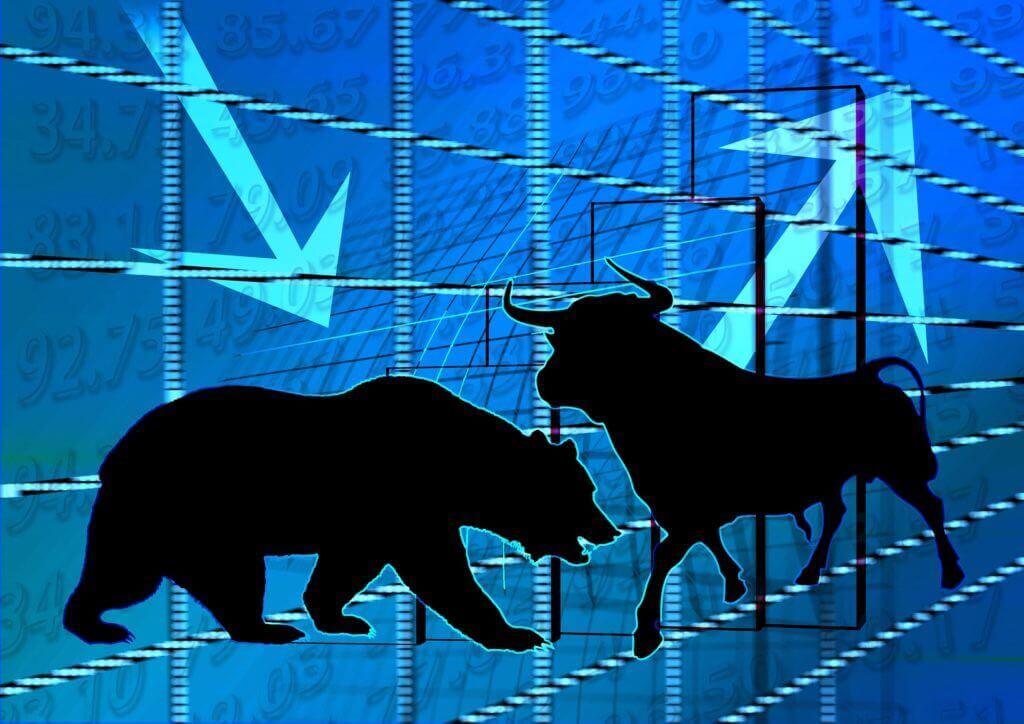You’ve probably heard the terms “bear market” and “bull market” used to describe what’s going on in the Stock Market. But first, let’s break the square down into simple words and explain why we’re using animal terms.
Bear and Bull markets
A bear market is defined by declining stock prices, whereas a bull market is defined by rising prices. The interpretation is straightforward and simple. Low investor confidence and a sense that the market is risky are typically present during a bear market, which is distinguished by a sharp decline in Stock Prices . A bull market, or sustained increase in stock prices, is likely to be distinguished by high investor confidence and a sense of a robust economic environment.
A bear market, on the other hand, is defined as any stock index or specific stock that has fallen by at least 20% from recent highs. A bull market, on the other hand, typically rises 20% from recent bear market lows to reach new highs.
Why is it named like this?
There are now numerous theories about the origins of the terms.
Let’s get started: bulls gore enemies by thrusting their horns upward, whereas bears swipe down with their claws.

The History:
A “bearskin jobber” is someone who “sold the bearskin” in the 18th century when they sold something they did not yet own in order to purchase it later at a lower price. The South Sea Bubble, a financial collapse in 1720 involving the South Sea Corporation, a trading company that ended up being essentially worthless despite its once-soaring stocks, contributed to the phrase’s widespread popularity. If that’s how the word “bear” came to be, another theory holds that the word “bull” came from the amusement of staging fights between bear and bull.
Supply and Demand:
Supply and Demand for Securities: A bull market is defined by high demand and low supply for securities. To put it another way, many investors want to buy assets, but not as many are willing to sell them. As investors compete for available stock, share prices rise. In a bear market, the opposite is true: more people want to sell than buy. Share prices fall as a result of demand being significantly lower than supply.
Market sentiment:
During a bear market, market sentiment is negative, and investors typically begin shifting their funds from equities to fixed-Income instruments while they wait for the stock market to recover.
Economic activity in both markets:
In a bear market, the majority of businesses are unable to post enormous profits because consumers are not spending nearly enough. This decrease in profits has a direct impact on the market valuation of equities.
People in a bull market are eager to spend their newly acquired wealth. This stimulates and propels the economy.
FAQs
Level-4 fire breaks out in a building in Mumbai, one dead
Covid pandemic killed 80K-180K health workers till May 2021: WHO
Google Play commission cut still a ‘Lagaan’ on developers: ADIF
We have shut down the critics questioning India’s ability: Modi
Queen Elizabeth turns down ‘Oldie of the year’ award, know why














